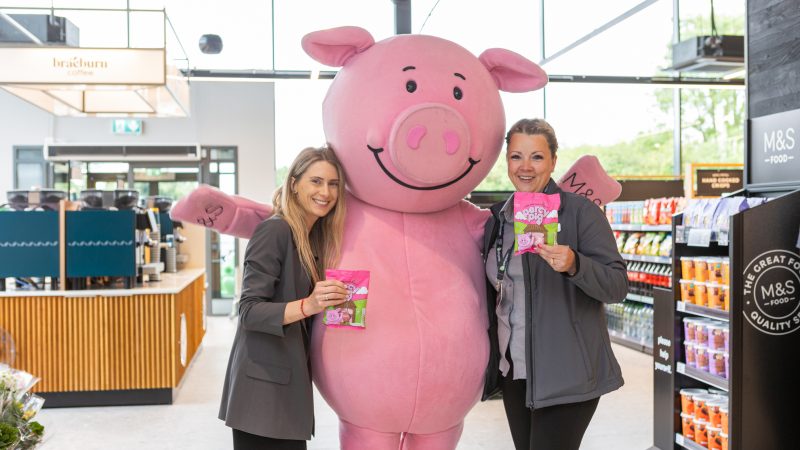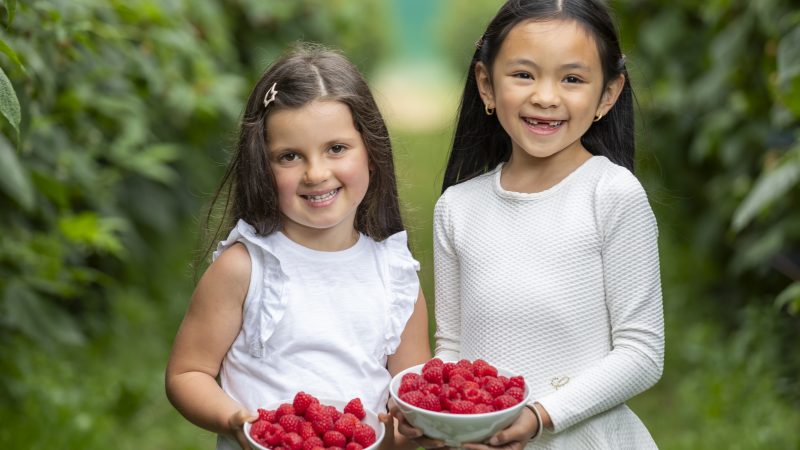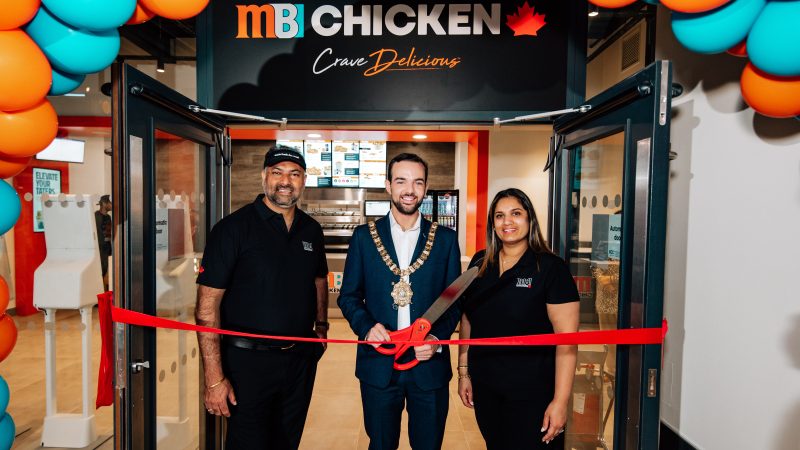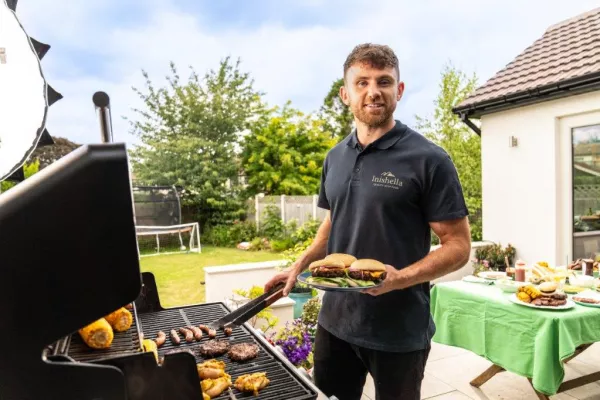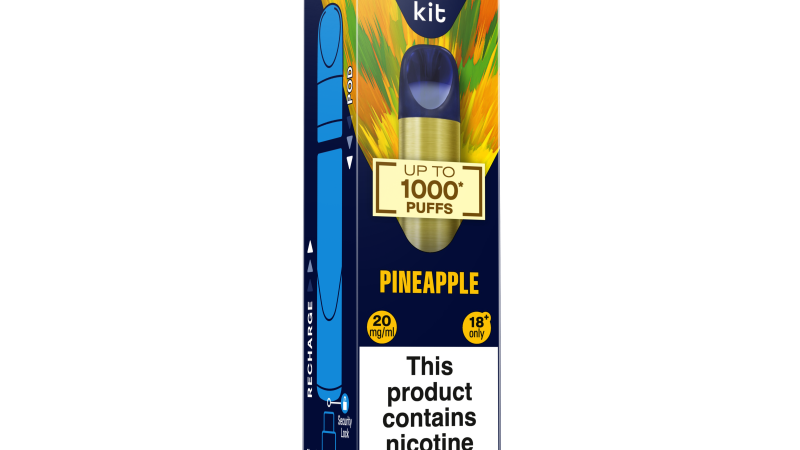Annual cost of groceries up €427 for a household
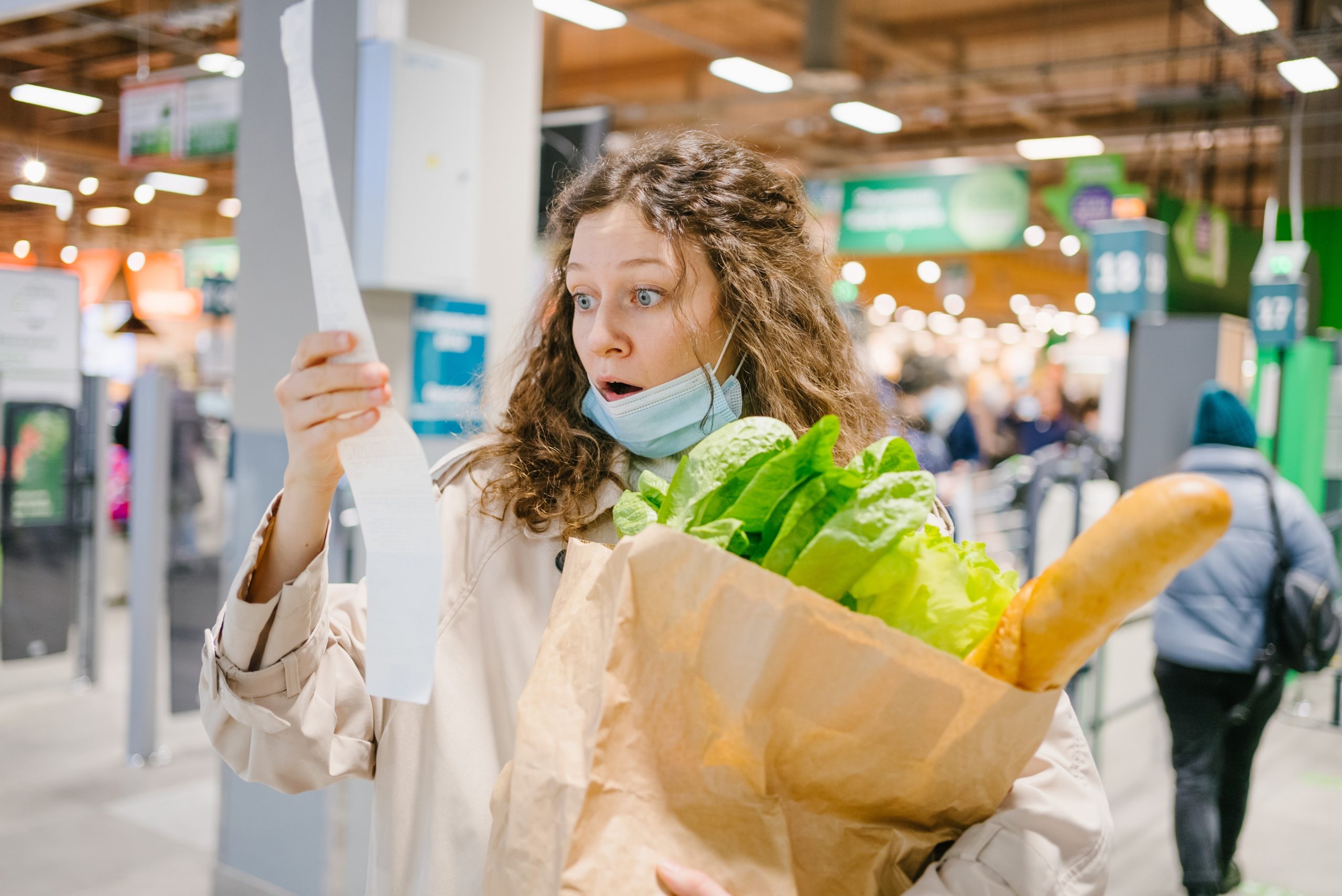
Grocery price inflation has dropped to its lowest level so far this year, according to research group Kantar. However, shoppers are now spending an additional €427 on groceries annually as a result of price hikes.
A survey of over 30,000 products revealed that consumers paid 14.7pc more for these goods in the 12 weeks to July 9 compared to the corresponding period last year.
This reflected a decline from the 15.8pc reported by research group Kantar last month.
“We expect to see further gradual decline over the coming months,” Kantar business development director Emer Healy said.
Take home grocery sales in Ireland rose by 9.6pc in the four weeks to July 9. Kantar analysis indicated that this growth was attributed to inflation rather than increased purchasing.
Shoppers were also visiting stores more often in recent weeks as many opt to shop little and often to reduce costs and food waste.
“While shoppers are returning to store more often, they are picking up less volume per trip, while there has also been more out of home dining during summer,” Ms Healy said.
Own label products continue to be the top choice for many Irish consumers looking to cut costs.
Value own brand, a supermarket’s cheapest product range, has recorded a jump in sales, with shoppers spending €14.2m more on these goods.
Overall, own brand recorded 13pc growth in the four weeks to July 9, while branded good sales were up by 7.6pc.
Last month was the first time that branded and own-brand label products had an equal share of the Irish market, Kantar revealed.
Shoppers were also enjoying the long summer days, spending an additional €3.6m on chilled burgers, grills and ice cream in the period.
Alcohol sales jumped by 11.2pc year-on-year.
Online grocery sales were up 6pc year-on-year as more frequent trips online increased sales by €8.5m. Dunnes Stores retained the top spot in the Irish grocery market, with a 22.7pc market share. Tesco was close behind, with a market share of 22.6pc.



